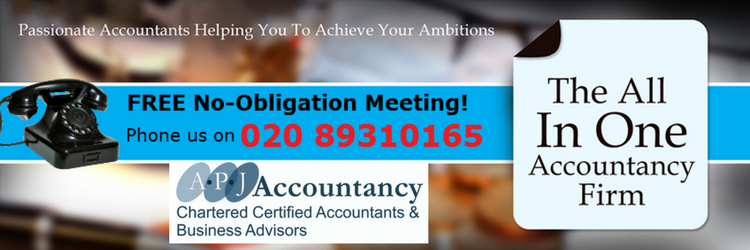It is opportune to revisit the basics concerning
a tax that it is quite often ignored in public discourse.
Scope of liability to capital acquisitions tax (CAT)
In the first instance it is
only when a person receives an asset comprised of cash or other property and pays the person disposing of
that asset less than open market value for that asset that a charge to CAT
arises.
The tax exposure (at a standard
rate of 33%) is limited to the difference between the open market value of that
asset and the consideration paid and arises in two distinct cases:
(i) Where the person parting with the asset (known as a disponer) is alive - in which a gift arises OR
(ii) Where the person parting with the asset is deceased in which case an inheritance arises.
In
almost all cases the beneficiary will receive the gift or inheritance from a
family member and this is reflected in lifetime exemption thresholds provided
for in legislation and summarised below:
Class A Threshold
€225,000
- applicable where a child receives a gift/inheritance from a parent.
Class B Threshold
€30,150
- applicable where the beneficiary is generally speaking otherwise related to
the disponer - i.e. uncle/aunt, brother or sister.
Class C Threshold
€15,075
- applicable in all other cases
It
should be noted that gifts/inheritances between spouses/civil partners will be
completely exempt from CAT.
Residency
issues
Where
either the disponer or the beneficiary are resident or ordinarily resident in Ireland
then all assets passing by gift or inheritance will be liable to CAT in
Ireland. This will include assets in other jurisdictions also. This has become
more of an issue in recent years with the significant increase in the ownership
by Irish taxpayers of assets held overseas such as investment/holiday
apartments etc in countries such as Spain or Italy.
In many cases local inheritance type taxes may well arise in
these countries also and depending on the nature of the Double tax agreement in
place between Ireland and that overseas country a potential for at least
partial double taxation may arise.
Where neither the disponer or beneficiary is tax resident or
ordinarily resident in Ireland then only Irish based assets will be liable to
CAT in Ireland – examples being shares in an Irish company, Irish bank accounts
etc.
Date on which tax is payable
The key date for determining
when tax arises is the valuation date and is defined as the date when the
person receiving the asset is beneficially entitled to that asset - in other
words they are free to deal with that asset in a manner of their choosing.
In the case of a gift this is
quite straightforward and the valuation date will be the date of the gift. In
the case of an inheritance however, it will not always be the date of death of
the deceased. This is because in most
cases the Executor or personal representative of the deceased will need some
time to ascertain the assets and related liabilities of the deceased.
Occasionally disputes can also arise between potential beneficiaries which all
have the effect of delaying the date on which the Beneficiary can have access
to the assets.
As a general guideline however
the valuation date in most cases will be the date of grant of probate. Where
that date falls between 1 September 2014 and 31 August 2015 then a Return with
the appropriate payment will need to be made on or before 12 November 2015.
This assumes that an online Return and payment will be made - an earlier date
of 31 October 2015 applies for paper Returns.
This summary is intended for
general guidance only and as in all matters of taxation is no substitute for
specific advice based on the facts and circumstances of each case.
Contact us for more:
PJ


